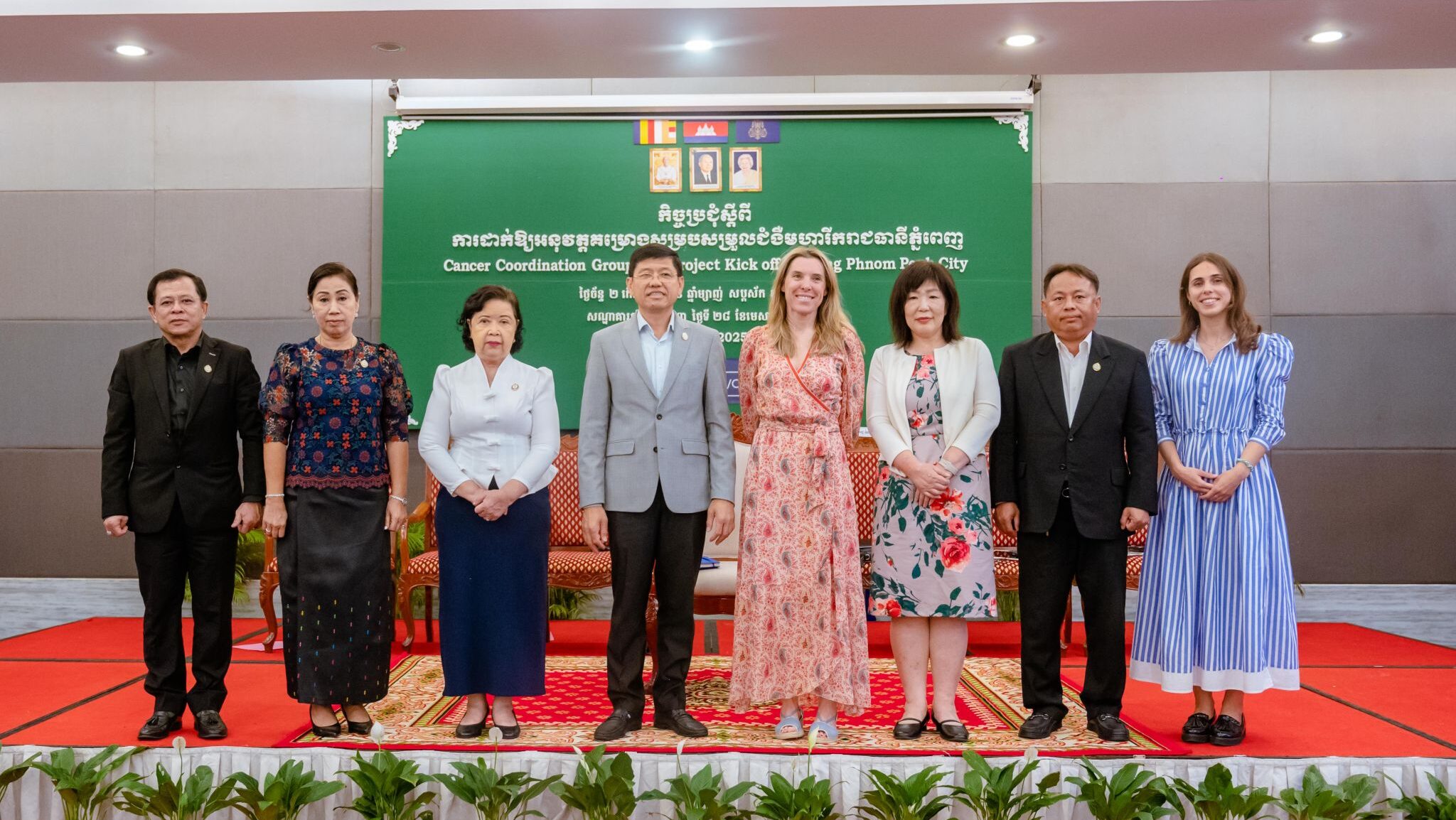Meritxell Mallafré Larrosa, Research Lead at City Cancer Challenge, shared on LinkedIn:
“This week, I had the privilege to co-facilitate City Cancer Challenge’s (C/Can) first City Implementation Science Workshop in Phnom Penh, Cambodia – in collaboration with the University of Melbourne and co-hosted by the University of Health Sciences.
Over three intensive days, we explored core implementation science methodologies, health economics approaches, and real-world case studies.
With Phnom Penh stakeholders now leading the implementation of C/Can’s city programme, we have started collaborative work on key embedded research projects. For example, teams are working to estimate out-of-pocket expenditures for cancer patients and identify mitigation strategies, while others are mapping and standardising paediatric cancer care pathways.
As I return home, three key reflections stand out:
- The appetite for implementation science is big — An incredibly engaged and diverse group of clinicians, policymakers, civil society actors, and academics contributed to rich discussions throughout the workshop.
- Cancer research capacity in LMICs must be strengthened — To foster locally led, contextually grounded research that truly responds to specific needs.
- Implementation science is a powerful methodological approach — Its potential to inform policy and practice is within reach, enabling incremental, sustainable health system strengthening.
Want to learn more about our research efforts at C/Can? Visit.
Grateful to our partners at University of Health Sciences, University of Melbourne, and the C/Can team for making this possible.
Big thank you to all participants for the continued engagement, and a special thanks to our workshop collaborators Nicole Rankin, Lucio Naccarella, Kim Dalziel, Luis Sagaon Teyssier, H.E. Prof. Saphonn Vonthanak, and our team at C/Can Isabel Mestres, Thet Ko Aung, Alfredo Polo, Harold Cottin, Chika Kitajima, Pich Bunthoeun ,Suon Sokha.”
Other posts featuring Meritxell Mallafré Larrosa on OncoDaily.
